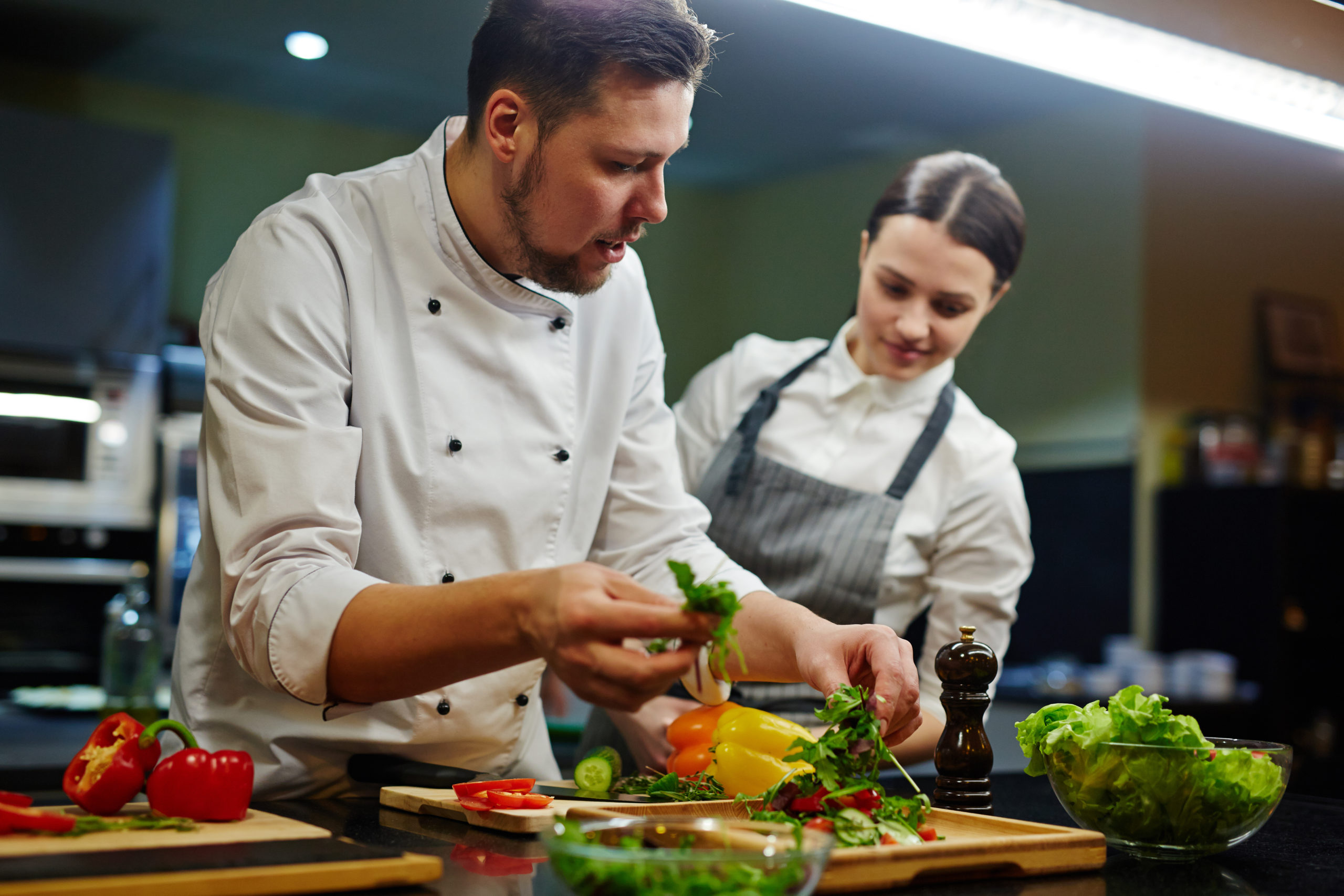 Introduction to Cooking
Introduction to Cooking

The Importance of Mastering Cooking Skills
There are many benefits to mastering cooking skills. Not only can you save money by cooking at home instead of eating out, but you can also improve your health by preparing fresh, healthy meals. Cooking can also be a fun and creative activity that you can enjoy with your friends and family.
Essential Cooking Tools and Equipment
To cook like a chef, you need to have the right tools and equipment. Some essential tools and equipment include:
- Chef's knife
- Cutting board
- Pots and pans
- Mixing bowls
- Measuring cups and spoons
- Oven mitts
- Kitchen timer
- Spatula
- Tongs
- Whisk
Understanding Cooking Techniques
Cooking techniques are the foundation of good cooking. There are many different cooking techniques, including:
- Sauteing: Cooking food quickly in a small amount of oil over high heat.
- Roasting: Cooking food in an oven with dry heat.
- Grilling: Cooking food over an open flame or hot coals.
- Boiling: Cooking food in boiling water.
- Steaming: Cooking food with steam.
- Braising: Cooking food slowly in a small amount of liquid.
- Frying: Cooking food in hot oil.
Cooking Methods - Dry Heat and Moist Heat Cooking
There are two main cooking methods - dry heat and moist heat cooking. Dry heat cooking methods include roasting, grilling, sauteing, and frying. Moist heat cooking methods include boiling, steaming, and braising. Each cooking method has its own advantages and disadvantages, and it's important to understand when to use each method.
Knife Skills and Cutting Techniques
One of the most important skills that a chef needs to master is knife skills. A sharp knife is essential for efficient and safe cooking. Some basic knife skills and cutting techniques include:
- Chopping: Cutting food into small, uniform pieces.
- Dicing: Cutting food into small cubes.
- Slicing: Cutting food into thin, uniform pieces.
- Mincing: Cutting food into very small pieces.
Cooking Fundamentals - Flavors, Seasoning, and Spices
Understanding flavors, seasoning, and spices is essential for cooking like a chef. Some basic concepts include:
- Salt enhances flavor.
- Acid adds brightness and balance.
- Sweetness balances bitterness.
- Umami adds depth and complexity.
- Spices add flavor and complexity
Cooking Tips and Tricks
Here are some cooking tips and tricks that can help you improve your cooking skills:
- Use a kitchen scale to measure ingredients.
- Preheat your oven before cooking.
- Let your meat rest before cutting.
- Use a meat thermometer to ensure that meat is cooked to the correct temperature.
- Use a timer to avoid overcooking.
Advanced Cooking Techniques - Sous Vide, Smoking, and Fermentation
If you want to take your cooking skills to the next level, you can try advanced cooking techniques like sous vide, smoking, and fermentation. Sous vide involves cooking food in a vacuum-sealed bag in a water bath. Smoking involves cooking food over wood smoke. Fermentation involves using bacteria to transform food, like turning cabbage into sauerkraut.
Creating Your Own Recipes
Once you have mastered the basics of cooking, you can start creating your own recipes. Experiment with different flavors, seasonings, and cooking techniques. Keep track of your recipes in a notebook or online recipe book.
Resources for Improving Your Cooking Skills
There are many resources available for improving your cooking skills, including cookbooks, online cooking classes, and cooking blogs. Some of my favorite resources include:
- "How to Cook Everything" by Mark Bittman
- "The Joy of Cooking" by Irma S. Rombauer
- "Mastering the Art of French Cooking" by Julia Child
- "Salt, Fat, Acid, Heat" by Samin Nosrat
- "The Food Lab" by J. Kenji Lopez-Alt
Conclusion
Cooking is an essential skill that everyone should learn. By mastering cooking skills, you can save money, improve your health, and enjoy a fun and creative activity. With the right tools, techniques, and resources, anyone can learn to cook like a chef. So get in the kitchen and start cooking!




0 Comments